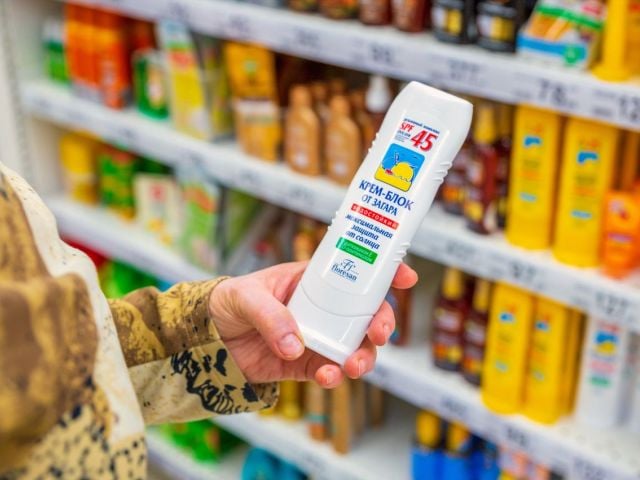
Cigarette smoking is responsible for more than 480,000 deaths per year, including more than 41,000 deaths from secondhand smoke. So why are American taxpayers still subsidizing farmers to grow tobacco?
For decades, tobacco was among a small number of crops regulated through production quotas that limited how much farmers could grow, and in turn provided price supports. But in 2004, Congress voted to phase out quotas, and authorized spending more than $9 billion to help growers make the transition.
But tobacco farmers still receive more than $60 million in subsidies a year through the federally subsidized crop insurance program.
In 2017 alone, the Department of Agriculture provided crop insurance premium subsidies to growers of eight different kinds of tobacco. Between 1995 and 2016, tobacco farmers received more than $567 million in crop insurance premium subsidies.
There are plenty of good reasons – besides the health concerns – to finally end tobacco subsidies in the 2018 Farm Bill, as Rep. Steve Russell, R-Okla., has proposed.
One reason is that taxpayer-subsidized insurance premiums are failing to cover growers’ losses. According to the USDA, from 2012 to 2016 the average tobacco growers’ loss was about 1.8 times greater than their subsidized insurance premium. By contrast, the average loss ratio for all other crops in the same counties was 0.8.
Another reason is that tobacco farmers and crop insurance agents are frequently charged with fraud. A Kentucky tobacco farmer was recently charged after making $2.6 million in fraudulent crop insurance claims, and in October, a Kentucky crop insurance agent was charged after helping farmers make fraudulent claims. In 2016, a North Carolina tobacco farmer was sentenced to 11 years in prison for crop insurance fraud and other violations.
The Russell Amendment would finally end crop insurance premium subsidies for tobacco farmers. That would ensure our hard-earned tax dollars aren’t going up in smoke.


